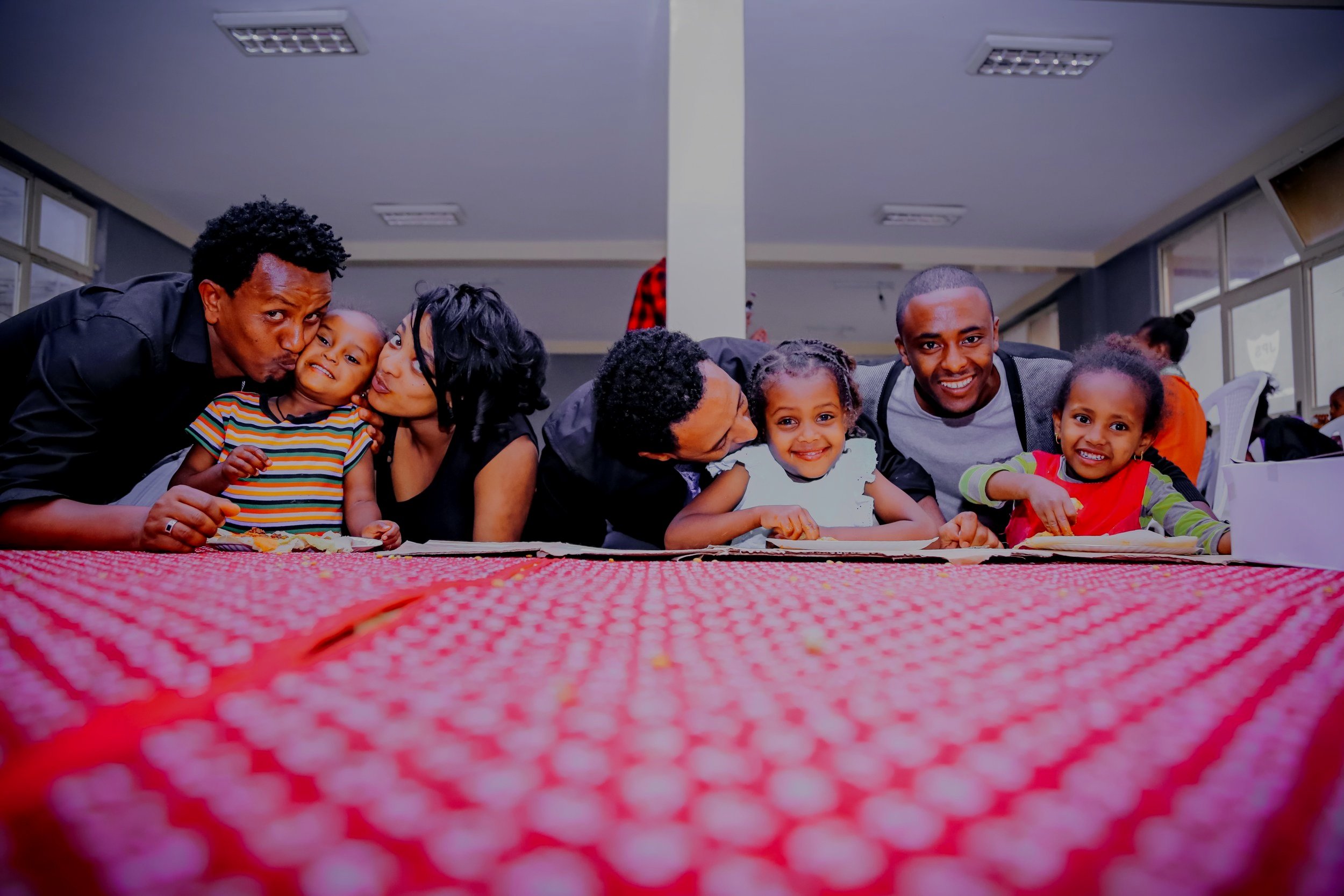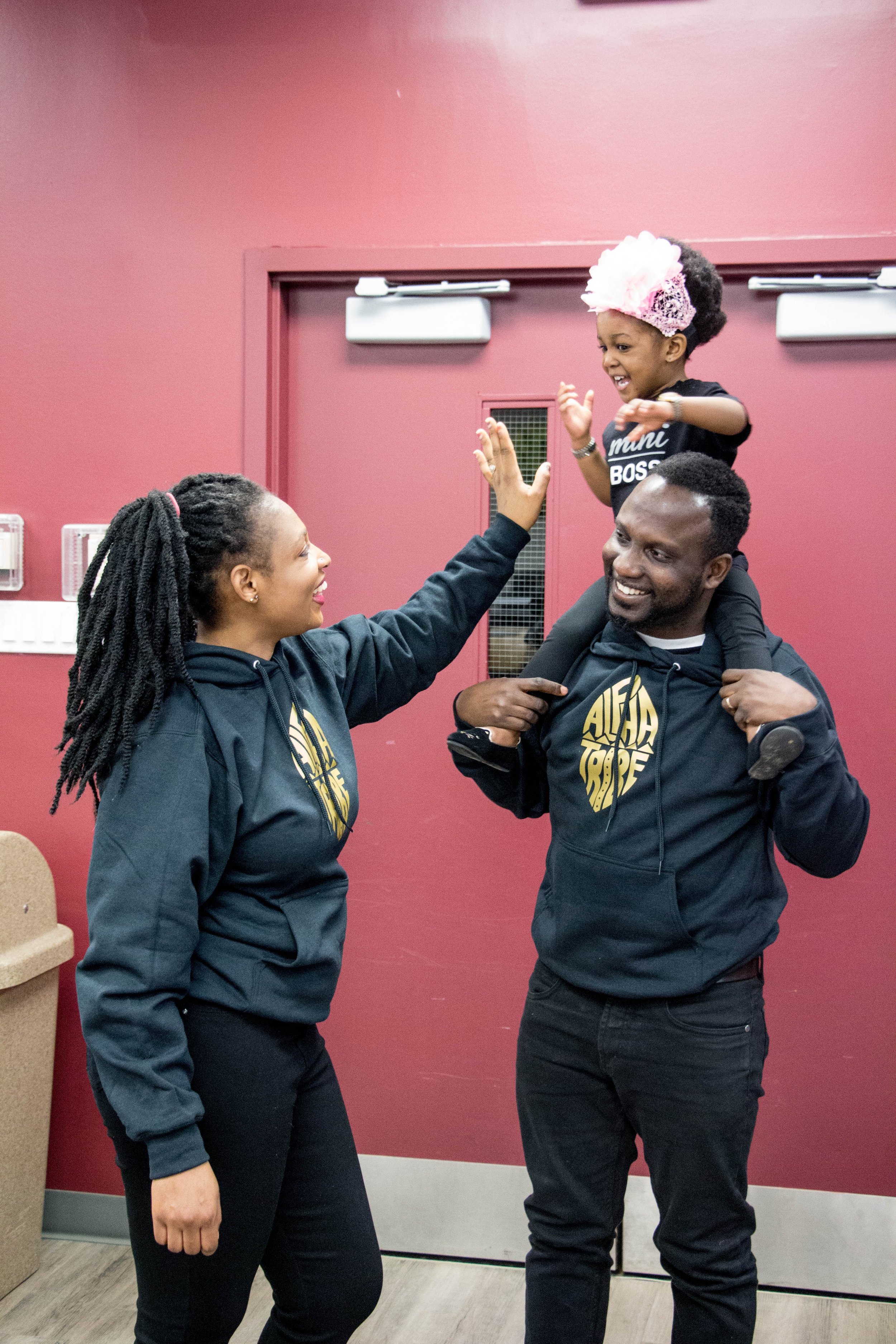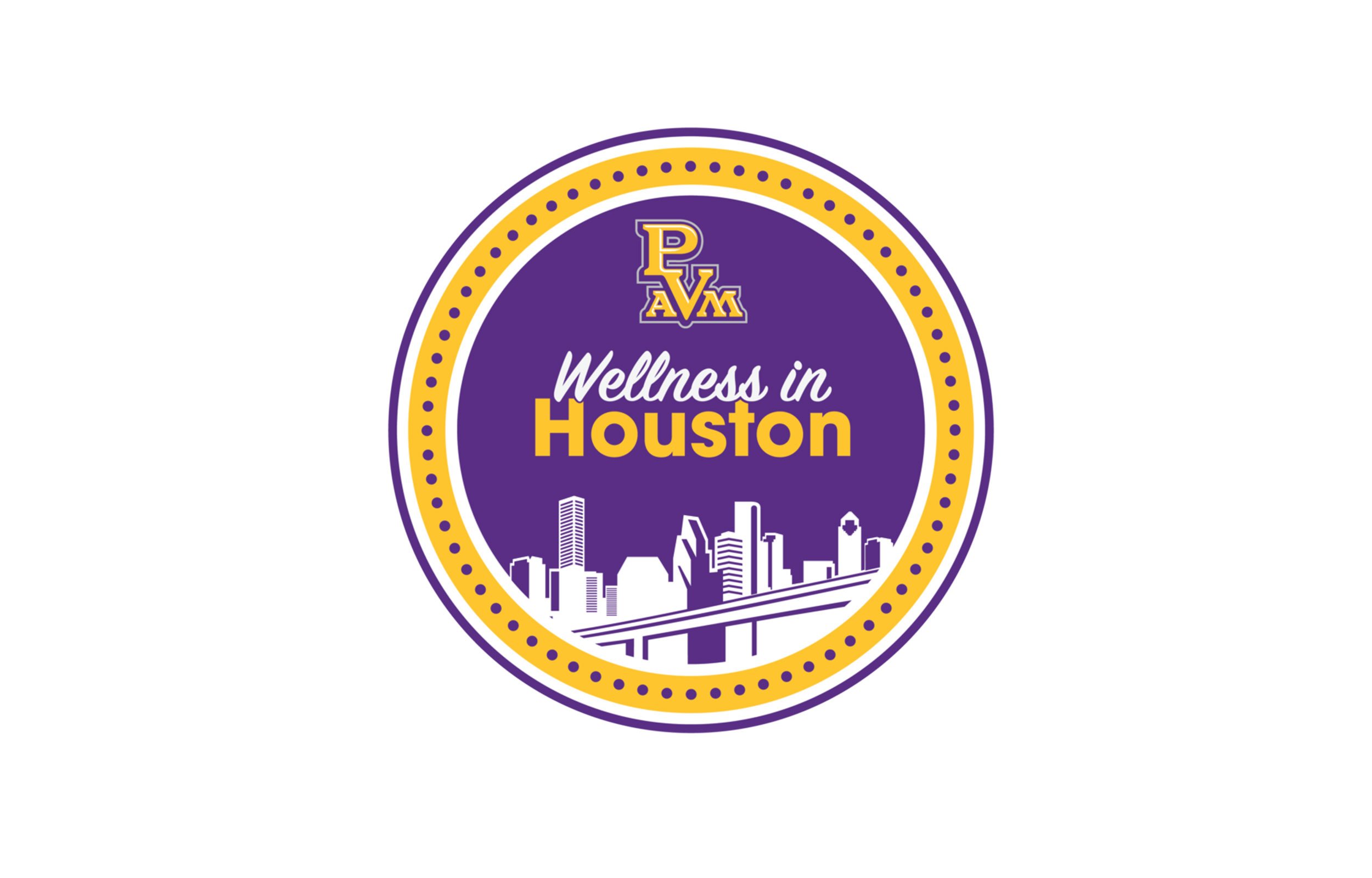
Through the Resilient Neighborhoods Program, communities will deliver projects, programs, and policies that increase their capacity to mitigate and adapt to 21st century challenges.
By working across city government and trusted community-based organizations, the Resilient Neighborhoods Program will:
Build a cross sector coalition of resilience leaders with greater knowledge, resources, and networks to confront 21st century challenges, such as climate change.
Accelerate resilience project delivery through innovative engagement, alignment, and implementation methods.
Strengthen a community’s resilience to shocks and stresses and support more equitable and sustainable neighborhoods.
The Urgency

The neighborhoods hardest hit by the impacts of climate change and other shocks are often where long-standing stresses persist, from limited mobility options to lack of safe and affordable housing to gaps in healthcare services.
Why Now?
Traditional models perpetuate inequities
Existing place-based programs and funding streams are fragmented, yet economic, health, and climate vulnerabilities overlap.
Recovery is often short-sighted
Repetitive recovery cycles in neighborhoods have focused on immediate needs without addressing underlying inequities.
Funding streams are abundant, but often inaccessible
There is an opportunity to ensure communities are prepared to capitalize on forthcoming public and private funding streams.
The Program

The Resilient Neighborhoods Program is rooted in our experience working with communities across 48 countries, and rests on four offerings that have been successfully used across diverse resilience challenges:
Advance Cross-Sectoral Partnerships
Enable and support a cross-sectoral coalition through alignment of divergent agendas across City government, community groups, and other stakeholders to set the stage for successful implementation. Alignment is achieved through a series of resilience trainings and project prioritization sessions.
Prototype Pilots and Support Implementation
Develop an implementation playbook outlining a project plan and identified capital funding, while delivering small projects in the near-term to demonstrate progress to community members.
Co-Design Climate Resilience Projects
Accelerate project concept through collaborative design processes, tailoring it to community needs while meeting City priorities. This offering delivers a series of design workshops and establishes working groups focused on operational and capital project needs.
Facilitate Knowledge Sharing Network
Strengthen local climate resilience leadership through participation in a global cohort of City government and community resilience practitioners from across the five NCRP cities.
The Neighborhoods

The Resilient Neighborhoods Program strengthens leadership in communities to design and deliver projects that increase their resilience to climate change.
Read about two example neighborhoods below.
RCC is collaborating with the City of Houston and a local community-based organization, Northeast Houston Redevelopment Council (NEHRC), to co-design and launch Houston’s first resilience hub in the Kashmere Gardens neighborhood. Kashmere Gardens has been disproportionately impacted by acute climate events, including Hurricane Harvey and Winter Storm Uri while dealing with chronic stresses. The resilience hub will help the City and residents build back from these compounding crises, while also providing necessary services to support residents with everyday needs. To learn more about our work to date, click here.
RCC is collaborating with the University of South Florida, the City of Tampa, and local CBOs to launch an urban heat pilot program to mitigate the impacts of extreme heat in East Tampa. East Tampa is particularly vulnerable to extreme heat ‒ with one in three households living below the poverty line, often living in older homes with poor insulation and inconsistent air conditioning that are located further away from accessible, quality green space that can serve as a key relief on hot days. The pilot program will identify both social and physical interventions that will help residents mitigate and adapt to the impacts of extreme heat. RCC has worked with the City of Tampa since 2019 to develop, deliver, and ultimately implement the Resilient Tampa Roadmap, which includes this program as a priority initiative.
News & Resources

Paper by Resilient Cities Catalyst’s Paul Nelson
Paper by Resilient Cities Catalyst’s Corinne LeTourneau
Partners



























